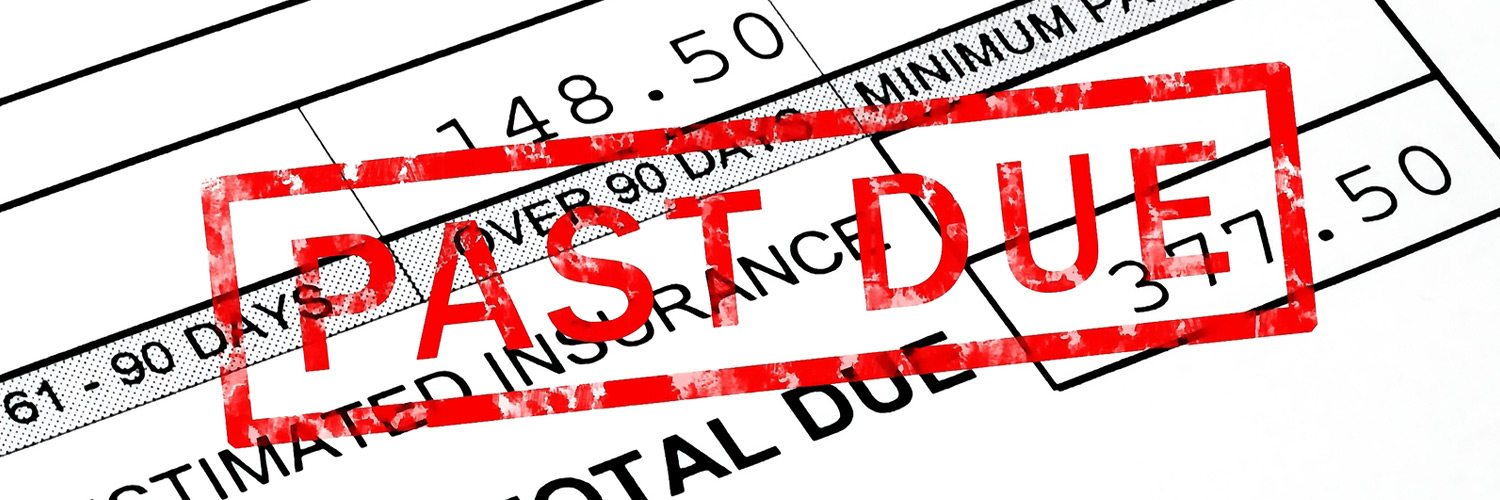
MISSOURI MAKING CENTS OF BANKRUPTCY
Brief Explanation of Differences between Chapter 7, 11, and 13
The average consumer in the United states is often confused and nervrous about filing bankruptcy. A common fear, which is actually a myth, is that a bankruptcy filer will lose everything they own. Conversely, there exists an equally common myth that on may keep everything and still get rid of all of their debt. The truth lies somewhere in the middle, as it often does. Moreover, knowing the differences between bankruptcy chapters is usually crucial to the decision making process.
As if common misconceptions weren’t confusing enough, Bankruptcy law is on a federal level. However, there are aspects of Bankruptcy are actually governed on a state level. The laws in Missouri; how they interact with the Federal laws of Bankruptcy; and how those interactions affect you all depends on your unique situation. Every situation is different and thus every bankruptcy, and the proper planning for it, is different. Contact an experienced bankruptcy attorney at RS Law, L.L.C. to find out if Bankruptcy can help you.
A debt is something that is owed. A good example would be borrowed money, such as a loan or credit card.
A debtor is a person who owes a debt. Sometimes this means money that was borrowed. Sometimes this means you received a service and owe payment for that service.
Long ago, there existed an awful concept called “Debtor’s Jail.” The idea was to put a debtor in jail until their debts were paid. This obviously makes no sense. Luckily, our forefathers understood that and did away with it.
These days, the Courts understand that you need some basic necessities. Necessities like: your clothes; a place to live; a form of transportation; and so on. The truth is that taking the clothes off of someone’s back is not helpful to anyone. That is why the court allows for protection of certain properties called “exemptions.” These exemptions can completely protect certain properties OR up to certain amounts of your property. The exemptions in Missouri are different than those of other states.
Definitions & Explanations
There are two basic types of bankruptcy cases: liquidation and reorganization. A Chapter 7 deals with liquidation proceedings whereas Chapters 11 and 13 deal with reorganizations.
A liquidation is the sale of your property that cannot be exempted (protected). If most or all of your property falls under the “exempt” category then no sale takes place and you get to keep your property.
A reorganization usually consists of a plan to pay creditors at least a portion of their debts over an extended period of time.
A Chapter 7 is designed for debtors in financial difficulty who do not have the ability to pay their existing debts. This type of bankruptcy looks at your income and also the value of your assets. It is possible to be asset-rich and cash-poor.
A Chapter 13, commonly known as “Wage Earner Plan” or “Payback Plan,” deals with the reorganization of individuals with regular income. This helps people pay back some, most, or all of their debts in a more manageable way. One of the benefits is that government interest and penalties stop accruing while you are in an active Chapter 13.
A Chapter 11 deals with reorganizations of businesses and individuals who owe more than what a Chapter 13 is designed to handle.
A bankruptcy discharge removes a debtor’s obligation to repay certain debts. This is often just referred to as simply a “discharge.” This is the ultimate goal of a bankruptcy. This is the “finish-line”
